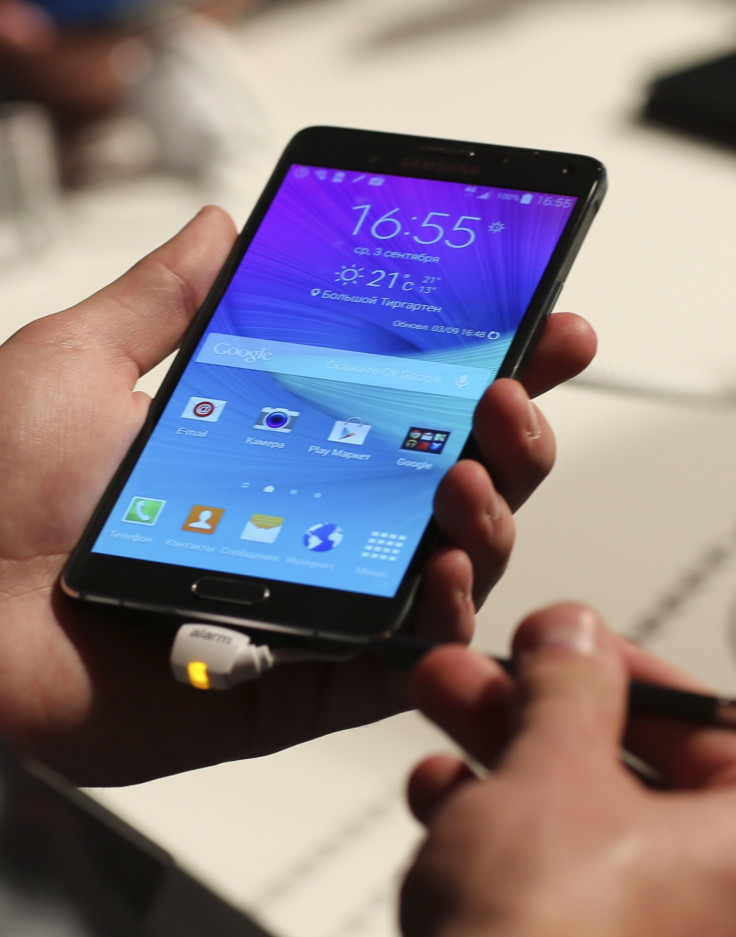'Digital amnesia' growing among Americans

With smartphones and the internet substituting for the brain, human memory could well be losing its edge. Already most people are unable to recall information and that includes the personal kind.
Digital devices are not only changing the way we live but also the way we use, or rest, our brains.
In a survey of 1,000 people aged 16 or older in the US, researchers at Kaspersky Lab, a cyber security company, found that people increasingly rely on their devices for many things and seem lost without a digital assistant.
The 'digital amnesia' or 'Google effect' has resulted in a dependence on digital devices connected to the internet, with most people unable to commit simple information to memory.
"The 'Google Effect' likely extends beyond online facts to include important personal information," the researchers wrote. "Many consumers are happy to forget, or risk forgetting, information they can easily find — or find again online."
Survey findings
Most people could recall their partner's number without looking it up (69.7 percent), their children's (34 percent) and workplace's (45.4 percent). But 44.2 percent didn't know their siblings' numbers without looking, and 70 percent couldn't recall their neighbours' numbers.
Around 91.2 percent said they used the Internet as an online extension of their brain, and 44 percent said they relied on their smartphones for information they needed to remember.
"Reliance on digital devices, and the trust we place in them, can resemble a human relationship. The feelings are established in the same way-through experience. Repeated experience with a reliable individual builds a 'schema' or association for that individual in our memory, telling us that this person can be depended on. If a digital device is continually reliable then we will build that into our schema of that device," says Dr Kathryn Mills, UCL Institute of Cognitive Neuroscience, University College, London.
More people over the age of 55 said they searched online to find the answer to a question, and more older adults (68.5 percent compared to 58.7 percent of young adults) said they didn't need to remember facts they found online, but only needed to remember where they found them.
People would be deeply upset if they were parted from their hardware which held their memories. This makes the security of personal gadgets even more important, notes the study.
Security poor
Smartphones and tablets are particularly poorly secured and women secure everything less than men, according to a finding consistent with previous Kaspersky Lab studies.
The use of digital devices is widespread in America. Around two-thirds of all participants (69.4%) have connected smartphones – just one in three (30.5%) installs extra IT security, such as
an anti-malware software solution on their smartphone, and only a quarter (20.7%) add any security technology to their tablet.
Interestingly, more than half the adults could instantly remember their home phone number from when they were 10 to 15 years old, proving the role of rote memorization which once played an important role in learning.
"We are becoming symbiotic with our computer tools, growing into interconnected systems that remember less by knowing information than by knowing where the information can be found," an article published way back in 2011 in Science had said.
Man and machine bonding seems irreversible.
© Copyright IBTimes 2025. All rights reserved.





















